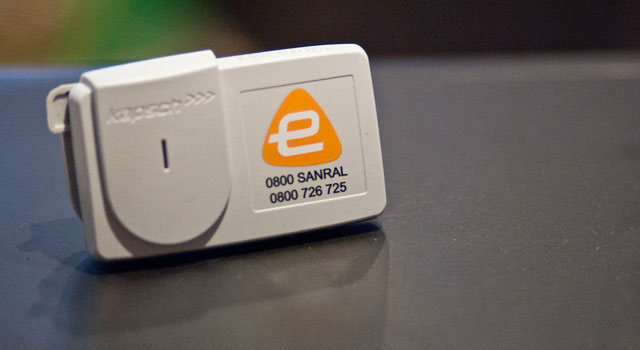
No court action has been taken against non-paying e-toll motorists so far, the Opposition to Urban Tolling Alliance (Outa) said on Monday.
“They have not summonsed anyone yet, otherwise we would know about it,” spokesman John Clarke said. “They ought to be doing that as they have had enough time since December.”
He said there were problems with the e-toll billing system and this could be why roads agency Sanral was careful about approaching the courts.
“They [Sanral] are conscious of the chaos in the billing system that magistrates will not be pleased about so they are being careful about approaching court. It [the first e-toll court case] will probably happen after the elections.”
E-tolling was implemented on Gauteng highways on 3 December, despite several court challenges to halt the project.
Sanral spokesman Vusi Mona could not be reached for comment.
Meanwhile, the Judical Officers Association of South Africa (Joasa) has expressed concern over the objectivity of magistrates who could preside over e-toll cases, Beeld newspaper reported on Monday.
This was because R17bn of the Government Employees Pension Fund, to which magistrates also belonged, had allegedly been invested in the e-tolls project.
Joasa president Nazeem Joemath said the success of the e-toll project would indirectly benefit magistrates.
“How would a magistrate argue that an accused would still get a fair hearing?” Joemath was quoted as saying in the Afrikaans daily.
The newspaper said transport minister Dipuo Peters admitted earlier this month that between 23% and 28,6% of the 2,5m motorists using Gauteng highways had bought e-tags. — Sapa




